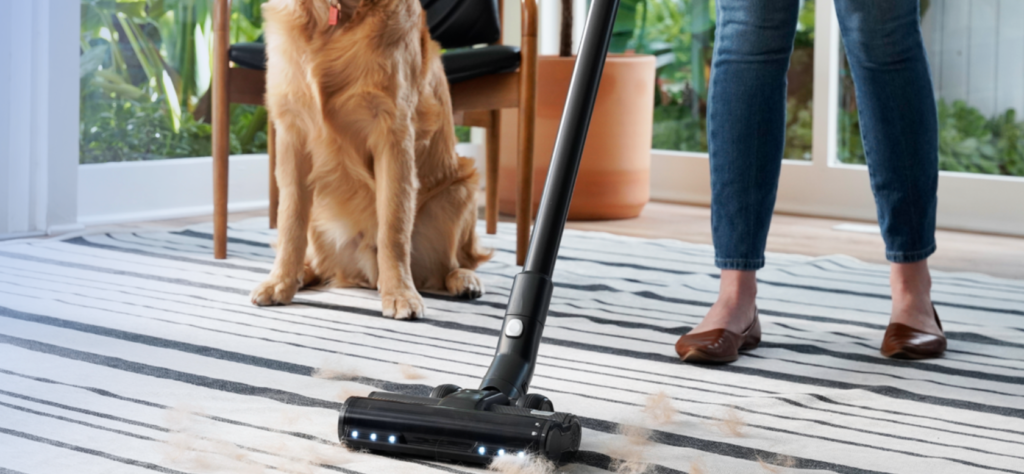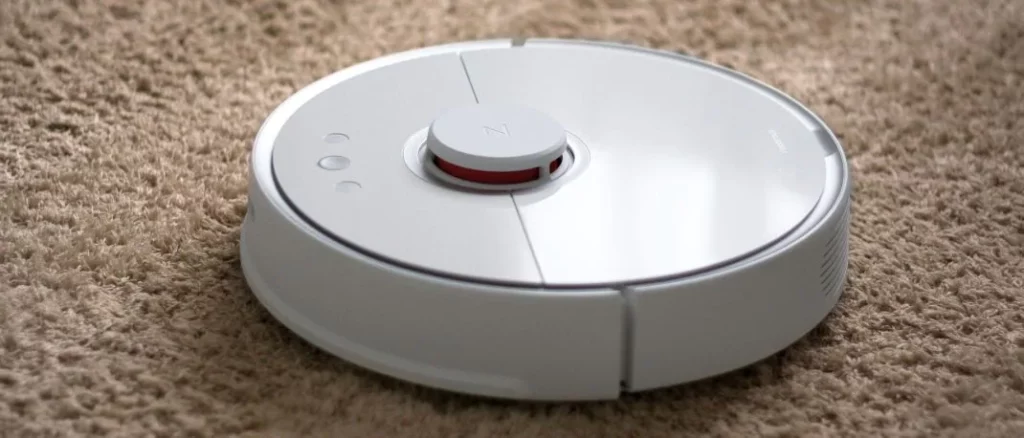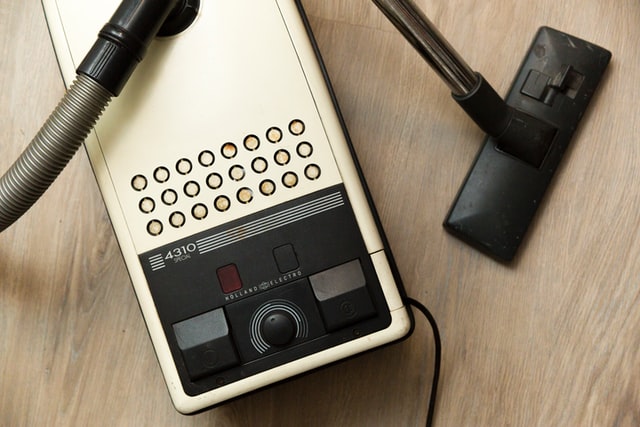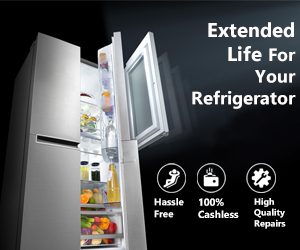Buying a vacuum cleaner is not exactly a matter of life and death. However, it will still impact your quality of life significantly. If you buy a good vacuum, you will be able to guarantee your home’s cleanliness and even eliminate a lot of allergens. On the other hand, an inadequate vacuum cleaner often does more harm than good and just shuffles dirt around. So, what are the factors to consider when buying a vacuum cleaner?
Noise concerns
Noise may not seem like one of the factors to consider when buying a vacuum cleaner. And to an extent, that is true. At least if you like in your own house. If you live in an apartment complex, then it becomes one of the common problems of vacuum cleaners. You will likely have to deal with noise complaints if you own a particularly loud vacuum. Even if you try to limit yourself to cleaning during reasonable times of day, it will still upset someone. Even if you live in a house, having a nearly silent vacuum cleaner is still pretty nice. Though it admittedly becomes a convenience rather than a solid requirement.
Strength of any type of vacuuming
One of the factors to take into consideration when buying a vacuum cleaner is how well it can vacuum. Obviously, the stronger the vacuum, the better. This affects now only the speed at which you can clean but also the effectiveness of cleaning. Some weaker vacuums can only hoover up dust and can barely effectively hoover up breadcrumbs. If you want to clean serious messes, you need a strong machine. There is also a distinction between ‘wet’ and ‘dry’ vacuuming. The ‘wet’ vacuum cleaners are watertight, which allows them to clean up any spills effectively. This is often an essential feature if you know you are prone to spills or if you have small children.

Wattage
One thing to note is the wattage of your vacuum cleaner. Often, this is directly related to how powerful vacuuming is. The higher the wattage, the more powerful its motor, and, typically, the more effective its vacuuming. Note, however, that this does not necessarily have to be true. Badly made models will require a larger wattage while performing on par, or worse, than optimally designed vacuum cleaners. This means you must carefully inspect the stats sheet of the appliance you are interested in. Consulting a store employee can also work. Still, we do recommend finding and reading reviews of other users since they typically reveal more information about the practical use of a vacuum than a salesman is willing to offer. No one wants to speak ill of their merchandise.
Size and weight
While not crucial, your vacuum cleaner’s design still matters. It will affect the ease of use of your appliance as well as its portability. No one wants to drag a clunky vacuum around the house if its statistics in other areas are not overwhelmingly superior. Of course, when packing an appliance, preparing it for transport would still be a serious chore. This makes it so that those families who move often, or students who want to take their own appliances with them into a rented apartment or dorm room, will likely want to prioritise a smaller and lighter vacuum when looking for one to purchase. Do note that the smaller a vacuum is, the more expensive it gets if you want it to have a high wattage and vacuuming power.
Additional accessories available
Depending on your home or purpose of purchasing a vacuum cleaner, you want to look through the various models and find one with the broadest range of additional accessories available. Now, if you want a reliable vacuum, this is not important. However, if you have a lot of tricky areas to clean in your home, or if you want a vacuum capable of cleaning special equipment, it is wise to put in the effort. This especially applies if you wish to purchase an appliance to clean your office space. To properly clean delicate equipment, you can’t just run your standard vacuum over it and hope for the best.

Filtration efficiency
Filtration efficiency is a term that describes to what extent your vacuum can trap dust and harmful allergens in its filters. If you are prone to allergy attacks, this is very important. After all, homes are actually filled with more allergens than the outside. Especially considering how many people are sensitive to dust. Even if you are not, vacuuming is meant to be a process of cleaning your home. Not just redistributing dust throughout your living space! So, take the time to learn about the vacuums you are interested in and select one which can adequately protect you and your home from the side effects of vacuuming.

Storage capacity
One of the final factors to consider when buying a vacuum cleaner is how large its holding capacity is. This refers to the amount of debris it can contain before you need to either clean it out or replace its collection bag. Obviously, this impacts not just the efficiency of your vacuum but also the cost of its long-term use. If a vacuum requires a collection bag, but you are using a rare brand that you can’t find easily, it may cost you a lot to keep getting the bags for it. Even if the collection bags are cheap, you may not want to deal with such expenses.
On the other hand, the vacuums that need to be emptied and cleaned are harder to maintain. Finally, note that you will definitely have to consider the various kinds of convenience you prefer. A smaller vacuum will naturally have a smaller capacity.
Final comment
Keeping the factors to consider when buying a vacuum cleaner in mind, you will be able to pick out a good one. Of course, in the end, it is up to you which of the factors you want to pay special attention to and which do not really matter to you.

